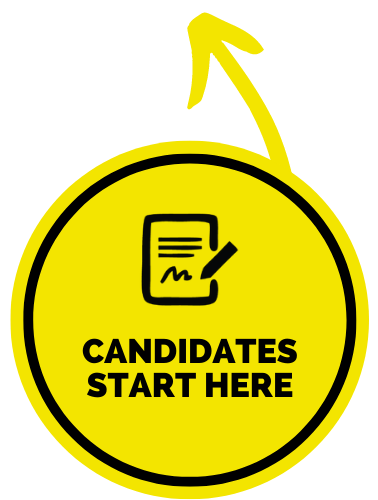
According to LinkedIn about 70% of the global workforce is made up of passive talent (people not actively looking for work). This means that even if you aren’t actively looking for something new, there are Recruiters out there looking for candidates with your skill and experience. Want to know how to get considered for roles without actually looking for them? Here are three easy tips for being headhunted.
1. Have an online presence
Make sure that your public social profiles are updated, contain information that would be useful to Recruiters (your current job title, skills where possible, etc.), and give off a professional presence.
Beyond your social media, make sure you are active online. Attend webinars and get to know the fellow attendees. Join social media groups or online forums relevant to your role or industry and participate in them. Contribute your knowledge and perspective and acknowledge where others have provided useful knowledge. Showing that you’re engaged in your industry will show Recruiters that you are serious about your profession.
2. Work with Recruiters
You may not be on the job market right now. You may not be interested in the role that is being offered. It can, however, still be worth hearing what the Recruiter has to say and reading through the job spec being presented. It’s an easy way to gain information about the kind of roles out there, the salaries on offer for these roles, and the kind of industries looking for your skills. There is also every chance that you could be presented with a role that’s perfect for you. Keep an open mind when hearing from Recruiters and make notes of what you are looking for going forward.
3. Be courteous and professional
The Recruiter isn’t reaching out to you to annoy you. They are genuinely trying to offer you an opportunity for a new role. Even if you aren’t interested in the role, make sure that your correspondence is professional and courteous. While this may not be the role you want, there may be a role down the line that is ideal. If you are unnecessarily rude or dismissive during the initial interaction, you may miss out on the ideal role later.
You should also always be upfront and honest about your expectations. Don’t go back and forth on what you’re looking for. Be clear on your salary and professional expectations from the get-go. This will save you from avoidable frustrations and will keep you from messing the Recruiter and their client around.
In summary:
Make sure that your online presence is effective and markets you well. Know what your career expectations are, but keep an open mind when Recruiters reach out. And always be professional in your correspondence. You never know if the ideal role might become available down the line and you want to give yourself the best chance of success.










